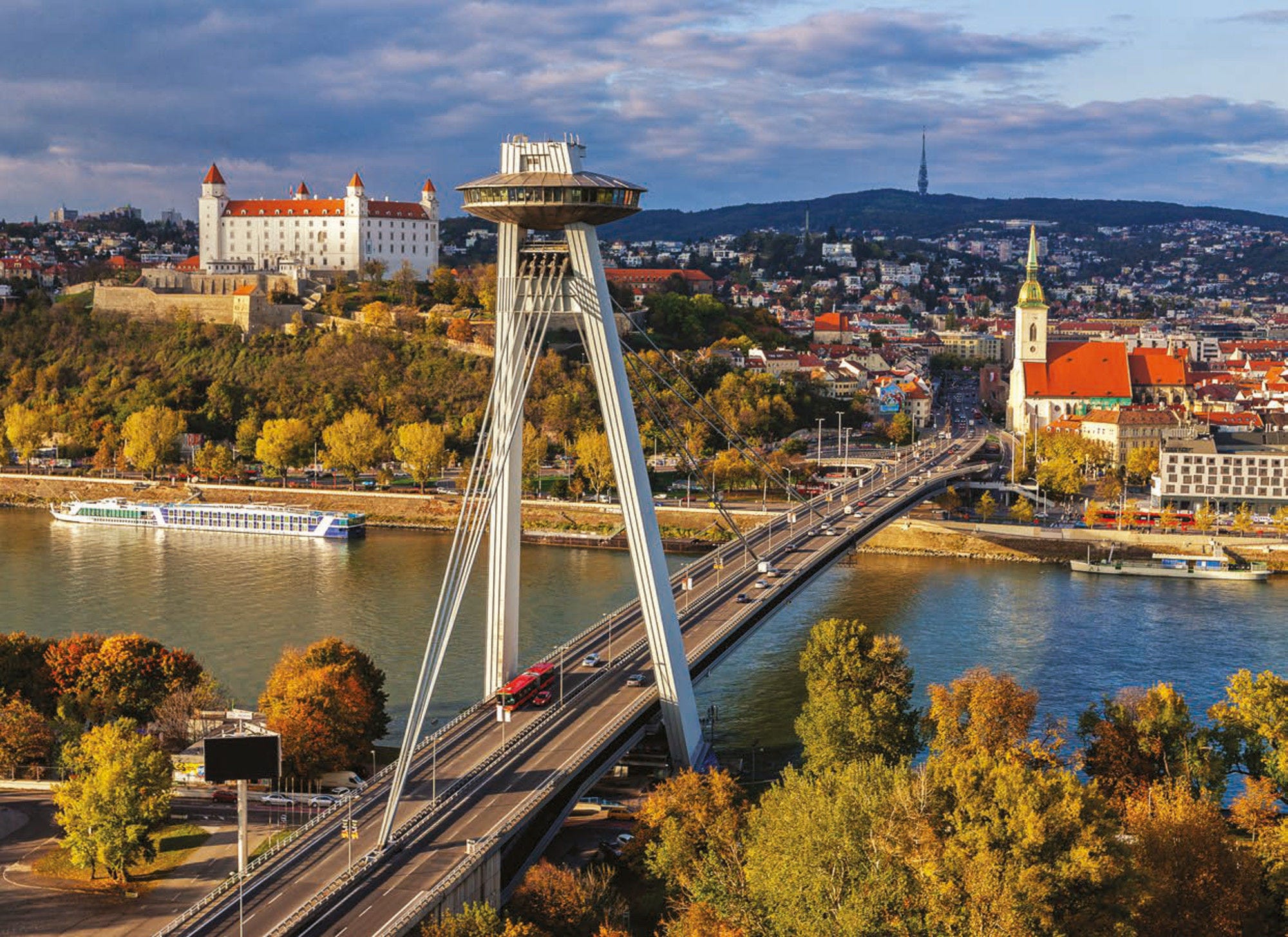Since the early 2000s, the Slovak Republic has experienced strong economic growth that contributed to a successful convergence towards OECD and EU average incomes. Like many other countries, the economic impact of the COVID19 pandemic has been severe, reflecting the Slovak Republic’s large population of micro firms with limited capacity to adapt to the stringent economic environment, as well as its relatively high exposure to supply chain disruptions due to high integration into global value chains (GVCs). The war in Ukraine has further complicated these dynamics by weakening economic prospects and generating further uncertainty.
To support the economic recovery, there is considerable scope to boost the competitiveness of Slovak small and medium-sized enterprises (SMEs), which are responsible for 72% of employment and 56% of value added in the business sector. The Slovak economy has one of the highest start-up rates in the OECD area but also an SME economy that is largely made of micro enterprises and individual entrepreneurs with lower productivity compared to peers in other OECD economies. Building resilience to supply chain disruptions and adapting to the twin transition towards a greener and more digital economy will require domestic SMEs to improve their productivity and capacity to innovate.
Significant potential also exists to leverage the Slovak Republic’ success in attracting foreign direct investment (FDI), which has been fundamental in boosting integration into GVCs over the past two decades. Building on the Slovak Republic’s geographical proximity to EU markets, strong industrial base and low labour costs, FDI has contributed to the emergence of a competitive medium- and high-technology manufacturing industry, with a marked specialisation in the automotive sector. Foreign firms account for almost 60% of value added and 80% of exports in manufacturing, while the motor vehicles industry is responsible for about one third of total manufacturing investment.
Success in attracting FDI has not, however, translated into significant productivity spillovers for Slovak SMEs, questioning the nature of linkages between foreign and domestic firms, and the business and policy conditions that could enable greater innovation diffusion across the Slovak economy. To foster dynamic FDI-SME ecosystems, comprehensive and coherent policy approaches are needed that will consider the multidimensional aspects of FDI-SME linkages and the different levels where spillovers can take place. Maintaining past productivity improvements in the face of the green and digital transitions will also require the Slovak Republic to strengthen its own capacity to innovate, adopt new technologies and shift to a more diversified and environmentally sustainable economy.
Concerted action is needed, particularly now, as the Slovak Republic considers policy options to ensure a strong and resilient COVID19 recovery. The recently adopted Recovery and Resilience Plan, which lays out the country’s strategic priorities and reforms for the next decade, aims to shift the economy towards high value-added activities, strengthen the digital capabilities of SMEs and increase public investment in research and innovation. Its successful implementation will require increased attention to policy coherence and coordination, and a whole-of-government approach to investment and business climate reform.
This report aims to support these reform efforts. It assesses the potential for FDI-SME spillovers in the Slovak Republic and provides policy recommendations on how to attract knowledge-intensive FDI, support SME upgrading and boost productivity growth through FDI-SME linkages. The report also identifies policy reforms to reach a more even territorial development through FDI-SME ecosystems, including in economically weaker regions, and proposes a number of areas where subnational governments can play an active role.
The Government of the Slovak Republic and the OECD are very pleased to have joined forces in producing this study. We also acknowledge the support and assistance of the Ministry of Investment, Regional Development and Informatization in jointly coordinating the preparation of a regional perspective of the study based on the examples of the Košice and Banská Bystrica regions. Preparation of this study was part of a multi-year project supported by the European Commission to enhance productivity and innovation in EU countries and regions through stronger FDI-SME ecosystems.
We hope that this assessment will help lay the foundations of a more resilient and inclusive recovery.

Mgr. art. Veronika Remišová, M.A., ArtD
Minister of Investment, Regional Development and Informatization, Slovak Republic

Yoshiki Takeuchi
Deputy Secretary-General, OECD
